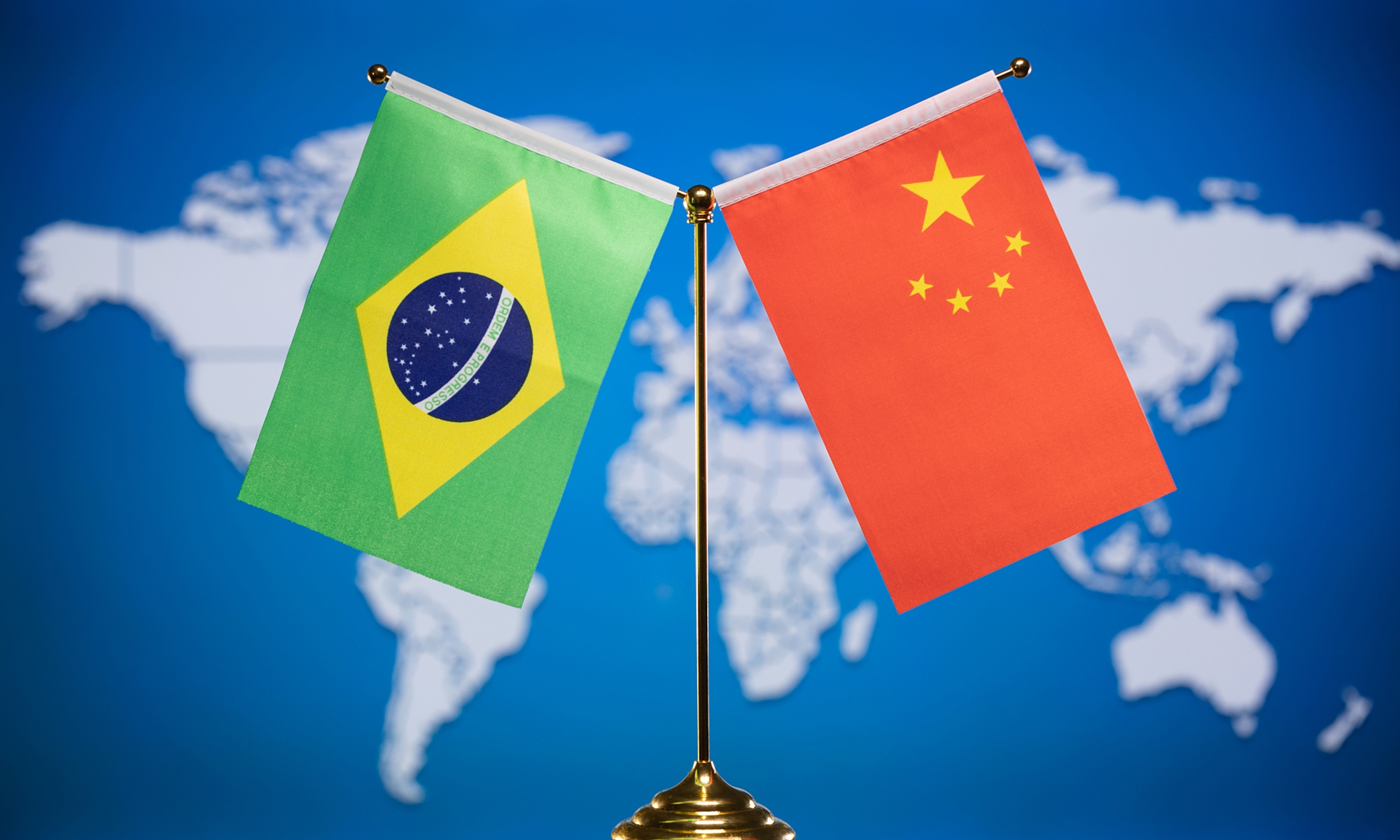
Photo: VCG
US President Joe Biden failed to offer a concrete economic plan at the Summit of Americas, while Latin American countries are tired of being lectured by the US on what to do or not, a former Brazilian minister told the Global Times.
The US economic plan touted by the US at the summit will not be capable of constituting an alternative to the China-proposed Belt and Road Initiative (BRI) for the region, Alessandro Golombiewski Teixeira, former minister of tourism and former chief economic advisor to the president of Brazil, told the Global Times on Thursday in an exclusive interview.
As the BRI is steadily gaining support in the region, it cannot be ruled out that Brazil may sign an official document with China on BRI cooperation, Teixeira predicted.
The BRI has made steady progress in Latin America during the past three years, with key projects such as the $1.52 billion Fourth Bridge over the Panama Canal and the $5 billion Bogota Metro Line 1 project in Colombia going as planned despite the impact of the pandemic.
In 2022, the influence of the BRI in Latin America further expanded with Nicaragua entering into an official document on BRI cooperation in January and significantly, by Argentina in February.
Teixeira, now a professor of public policy at Tsinghua University, said Biden failed to offer substance in his plan of the so-called Americas Partnership for Economic Prosperity on Wednesday (US time).
"The whole event served no other purpose than showing the Biden administration has an international agenda," Teixeira said, describing the plan as more of a marketing than anything real.
Despite Biden's effort to tout his plan, the biggest thing people talk about at the summit seemed to be migration, something the Biden administration is not seen as handling well.
Identifying the region has a gap of $100-150 billion in new annual infrastructure investment, the Growth in the Americas, a legacy of the Trump era, did not see substantial concrete implementation since its announcement in 2019.
A report by the Journal of Latin American Studies released in August 2020 calculated that some $2 billion worth of funds are committed under the initiative.
Teixeira said such amount, for a region as large as the Latin America, equals nothing and that some projects invested by a single Chinese company in Brazil cost more than that.
"The number one economy in the world is investing this little in Latin America [in infrastructure] and that cannot be called a serious effort," Teixeira said. "If they are really serious, they could participate in helping Latin America to build infrastructure, give more market access in US for the Latin American products or change their migration policy. There is a bunch of really serious things [for the US government] to do."
Teixeira said it's a long time ago that the US could come to Latin America to lecture and "nowadays if you want a partnership, show your cards, show the real stuff."
Teixeira said the US lecture on Latin American countries not trading with China or accepting investment from China goes against reality as today China is the top trading partner for many and a growing number of countries in the region and American companies do not invest in Latin American infrastructure.
An exclusive analysis by Reuters of UN trade data from 2015 to 2021 shows that outside Mexico, China has overtaken the US in Latin America in terms of trade and has widened its advantage since Biden came into office in January 2021.




